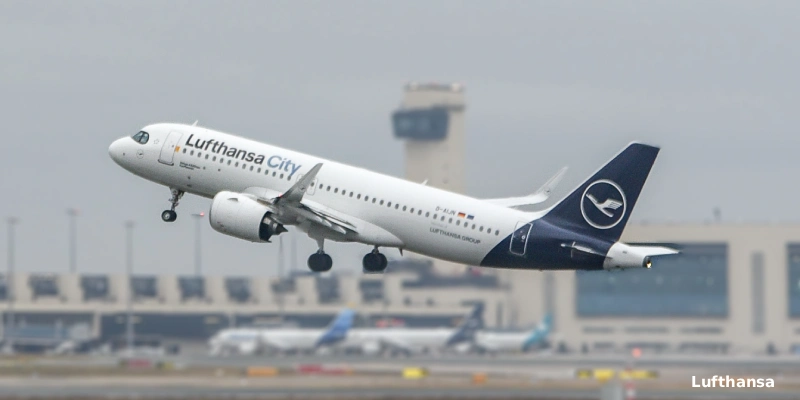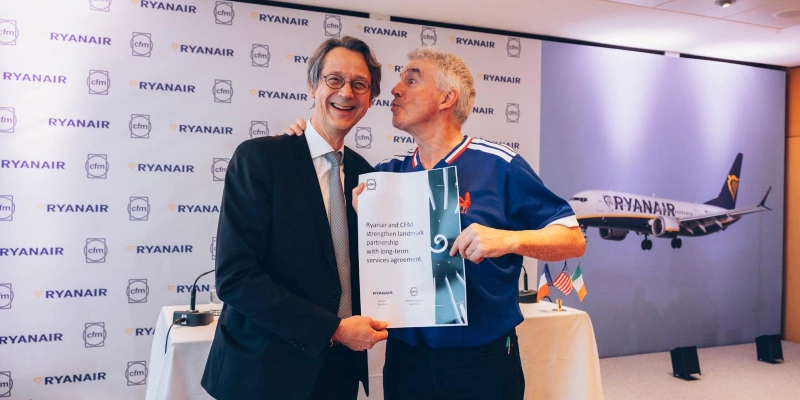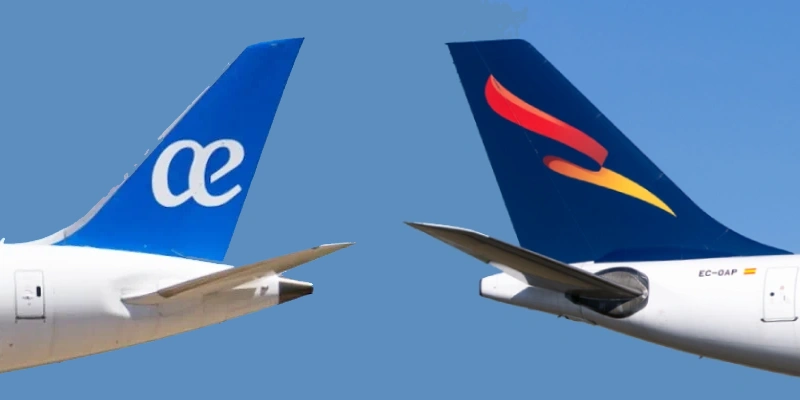On August 8, 2022, Avianca and Viva submitted to the control of the Aeronautical Authority the integration operation between said operators of regular commercial public transportation.
The Colombian Aeronautical Authority (Aerocivil) concluded that the integration represents risks to competition in the sector and the welfare of consumers.
→ Avianca and ITA Airways announce codeshare agreement.
After studying the information provided and the data accessed by the authority, it was concluded that, if the proposed integration were allowed, the following effects, among others, would be favored:
- Generate or reinforce market power in favor of the integrated entity (Avianca, Viva Air and Viva Perú). The participants participate in 59 domestic routes, which mobilize 93.7% of the country’s domestic traffic. Of these routes, in 29 domestic routes round trip participate in a coincident manner.
- This economic group would reach 100% participation in 16 domestic routes.
- The economic indicators used to evaluate this integration show a considerable potential deterioration. In terms of free competition, it would mean a setback and a return to levels not seen in the country for more than 7 years.
- Viva, which has been a relevant player in the Colombian market, has energized competition in the sector and has become a valuable alternative for Colombian and regional consumers, would disappear as an independent competitor.
- Other competitors would face new difficulties to grow or enter markets affected by higher entry barriers and greater market power.
- Consumers could be harmed to the extent that the integrated entity (Avianca, Viva Air and Viva Peru) would have more facilities, incentives and lower risks by increasing prices, reducing frequencies, canceling routes or reducing complementary services, among others.
According to the applicable law, Aerocivil has the obligation to object to integration operations that may affect competition in the market, create or reinforce dominant positions and may harm consumers.
→ Air Transat adds Viva Air flights to its virtual interlining service.
Thus, according to the law, a business integration such as the one projected by Avianca and Viva must be objected for its adverse effects on the market unless:
- The companies propose, and the Aerocivil approves, remedies and commitments, which in Colombia are called conditionalities, that identify and isolate or eliminate the anticompetitive effects of the integration, in such a way that, implemented, the transaction does not affect the competitive structure of the market; or
- That the parties succeed in proving that the exception of a company in crisis is configured.
Avianca and Viva did not offer remedies; in fact, they requested that the transaction be approved in an expeditious and comprehensive manner, applying the failing company exception.
The distressed company exception consists of the situation in which the competition authority allows a business concentration transaction that, under normal conditions, would be objected to as a consequence of the possible adverse effects on competition, due to the critical financial situation of the company being acquired.
being acquired. This exception only has legal support if the intervening parties prove compliance with the following criteria:
- Due to the crisis, the company will exit the market and must be sold or integrated with a third party.
- There is no other viable competitor that generates less restrictions to economic competition.
- The damage to competition generated by the approval of the projected operation cannot be greater than that which would be caused by the exit of the company in crisis from the market, and
- The alleged crisis or lack of viable alternatives cannot have been generated or be related to the planned integration operation.
In this case, although it was proven that Viva is currently facing a relevant financial situation, Avianca and Viva did not prove that Viva’s economic crisis is of such magnitude that it affects its viability in the market and, therefore, that it is doomed to exit the market imminently and inevitably.
Regarding the search for alternatives, through options other than the sale or turning to other less anticompetitive buyers, Viva did not prove that it had explored and exhausted other alternatives and that they were unfeasible. For example, there is no evidence in the file that Viva requested loans from financial entities and/or sent offers to potential buyers such as investment funds or groups of investors.
On the other hand, Avianca and Viva did not prove that the harm to competition generated by the transaction was less than that which would be caused by Viva’s exit from the market. On the contrary, Avianca and Viva merely recounted the effects of Viva’s alleged exit from the market, but did not compare them with the effects that would be generated by the approval of the transaction.
Therefore, taking into account that Avianca and Viva had the burden of proving compliance with all the requirements of the company in crisis exception, and in this case the application of such exception was the basis for the approval of the proposed transaction, it was challenged.
Aerocivil recommended Viva to adopt the pertinent internal and alternative measures in order to overcome the financial situation it is currently facing.
Against this decision, appeals for reconsideration and, in subsidy, appeal may be filed within 10 days following the notification. However, if the parties so consider, they may reformulate and resubmit their request with conditions and bearing in mind the arguments set forth in the preamble of the administrative act.
Related Topics
Lufthansa Under Pressure: Pilots and Cabin Crew Call for Strikes This Thursday
Lufthansa City Airlines Opens Frankfurt Base and Accelerates European Short-Haul Offensive
Ryanair Redefines Maintenance Strategy: Signs Multi-Billion Dollar Deal with CFM to Internalize Engine MRO Starting in 2029
Air Europa and Plus Ultra Announce Resumption of Flights to Venezuela

Plataforma Informativa de Aviación Comercial con 13 años de trayectoria.




